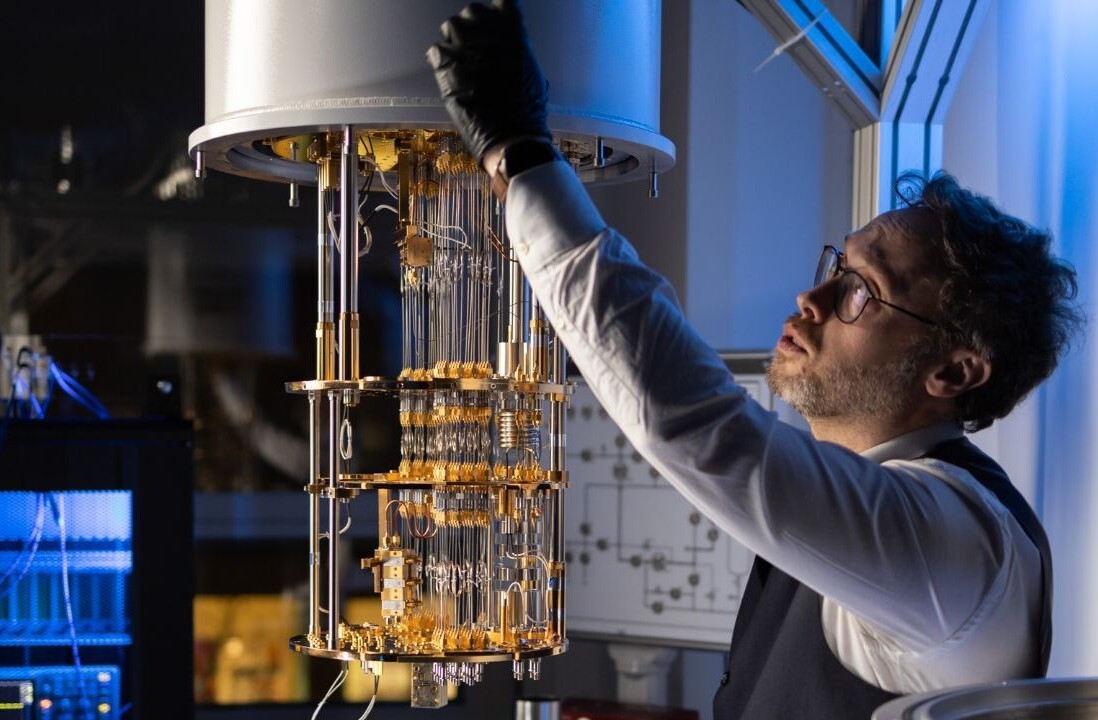
Four leading European research institutes — CEA-Leti in France, IMEC in Belgium, Fraunhofer in Germany, and VTT in Finland — are accepting design proposals to prototype edge AI technologies at their facilities.
In 2022, the institutes set up an EU consortium to accelerate testing and development of edge AI hardware.
Dubbed Prevail, the project will create a multi-hub network that will validate new, low-power, and high-performance edge AI components. It will also build infrastructure to fabricate early research prototypes for testing in edge AI applications.
The focus will be on technologies that address different specifications for edge AI chips. These are non-volatile embedded memories, 3D integration, and integrated photonics and RF components.
“The PREVAIL project’s ultimate goal is to position Europe with an easy-access, advanced manufacturing infrastructure enabling users to make early research samples of innovative and trustworthy products and accelerate their commercialisation,” Sergio Nicoletti, CEA-Leti business development manager and PREVAIL project manager, said in a statement.
The consortium is now installing cleanroom tools and preparing for the design, testing, and fabrication of new circuits. It’s already working with industrial partners, academic labs, and SMEs, planning to open full access for EU designers by May 2026.
PREVAIL will run for 42 months and has received €156mn in funding from the institutes’ home countries and the European Commission. Some 80% of the budget will be used for new tools for edge AI devices.
The consortium has the potential to better position Europe in the global edge AI market, which is expected to be worth $62.93bn (€58.17) 2030. At the same time, the project aligns with the EU’s Chips Act, which aims to boost the domestic design ecosystem and production capacity.
Get the TNW newsletter
Get the most important tech news in your inbox each week.




